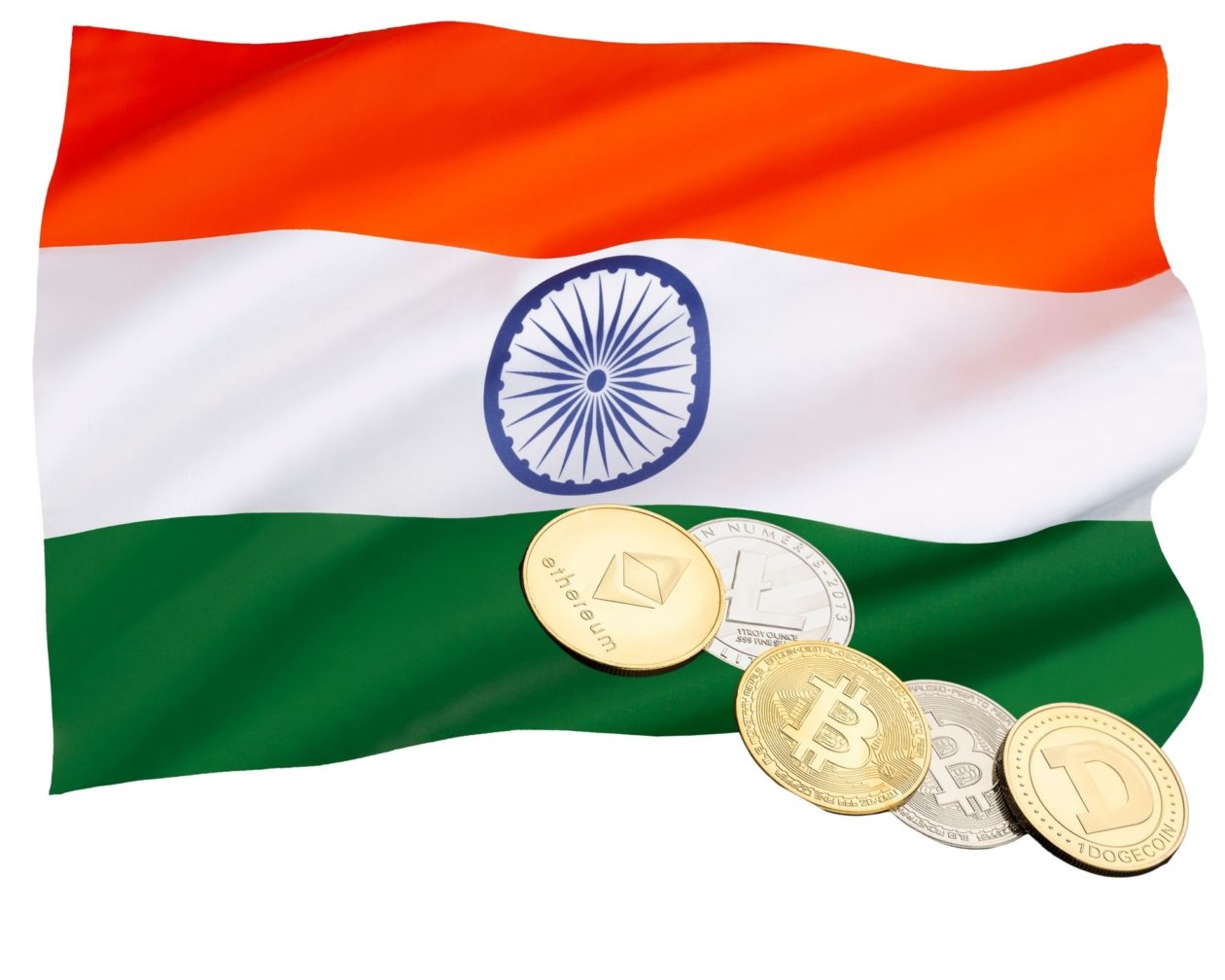India’s crypto regulation debate has come full circle. After years of delay and despite multiple reassurances from the finance minister to the contrary, the government has introduced a bill seeking to ban all private cryptocurrencies.
The Cryptocurrency and Regulation of Official Digital Currency Bill, 2021 has been listed on the parliamentary agenda for the winter session starting next week. According to the agenda, the legislation will build a “facilitative framework for creation of the official digital currency,” or in other words, India’s central bank digital currency, or digital rupee.
However, the bill also “seeks to prohibit all private cryptocurrencies” in the country, albeit with exceptions to promote the underlying blockchain technology and its uses.
The language used to describe the key objectives of the bill is almost the same as when the bill was listed in the parliamentary agenda for the budget session in January this year.
Since then, however, there have been several noteworthy events.
“First, the Parliamentary Standing Committee invited a public consultation, and then our Prime Minister himself came forward to call for crypto regulations in India,” Nischal Shetty, CEO of crypto exchange WazirX, told Forkast.News in an email. “That being said, let’s respectfully wait to find out more about the draft bill to be tabled in the Parliament.”
India’s latest proposed crypto ban — coming after India’s central bank prohibiting banks from doing business with crypto exchanges in 2018, followed by that ban getting overturned by India’s Supreme Court last year — came as a shock to the Indian crypto community.
India’s crypto businesses as well as investors have said repeatedly over the last few months that they expected positive crypto regulation to be introduced in the country despite frequent rumors of an outright ban. This is because the government has been holding consultations with various industry bodies as well as crypto exchanges. The meeting chaired by the prime minister earlier this month and the first parliamentary meeting on the future of crypto ended with what seemed at the time to be a consensus that cryptocurrency must be regulated but not banned. Finance Minister Nirmala Sitharaman also had made reassurances that boosted the optimism of the crypto community.
The key objectives of the crypto ban bill were mentioned in India’s parliamentary agenda, but a draft of the bill has yet to be made publicly available.
“We don’t really know what a ban on private cryptocurrencies means. It could be private as in everything that is not issued by the Indian government or other governments. It could mean things that are not white-listed by them or pre-approved by them,” Rahul Gaitonde, a crypto investor and adviser to blockchain companies, told Forkast.News.
By “private” the bill could also indicate “cryptocurrencies that have been designed specifically to prevent traceability, such as Dash or Zcash or Monero, we don’t really know for sure,” Gaitonde added. “So right now, for investors or people who are actually building applications in the cryptocurrency or decentralized ledger tech industry, it is a wait-and-watch game.”
Regardless of what crypto the bill could or would actually ban, the mere mention of a crypto ban on the parliamentary agenda sparked a panic sell-off that saw Bitcoin and Ethereum prices drop by as much as 24% in less than 24 hours on popular Indian exchanges WazirX, which is owned by Binance, and CoinDCX, India’s first crypto company with over US$1 billion in valuation. On smaller crypto exchange Unocoin, however, Bitcoin was trading at a price roughly US$8,000 higher, creating an arbitrage opportunity for investors who could move assets between exchanges.
Several investors told Forkast.News that in light of India’s potential crypto ban they are planning to move their digital assets to foreign exchanges such as Binance, KuCoin and Coinbase. Some are even contemplating moving assets to hard wallets that are controlled by private keys, which would make them invisible to Indian authorities, in order to protect their investments.
As the crypto community in India continues to wait for the legislation details, not all investors are jittery. Gaitonde, for one, saw the drop in India’s crypto prices as a buying opportunity.
Gaitonde said he hoped India’s crypto bill would address four key things: protecting investors, tackling illicit activities, taxing crypto income and encouraging innovation. But considering the delays and the Indian government’s mixed messages on crypto, he is tempering his expectations.
“The most that I can hope from [the bill] is that a lot of this stuff gets addressed at one single time, as opposed to a piecemeal approach over several months,” Gaitonde said.

